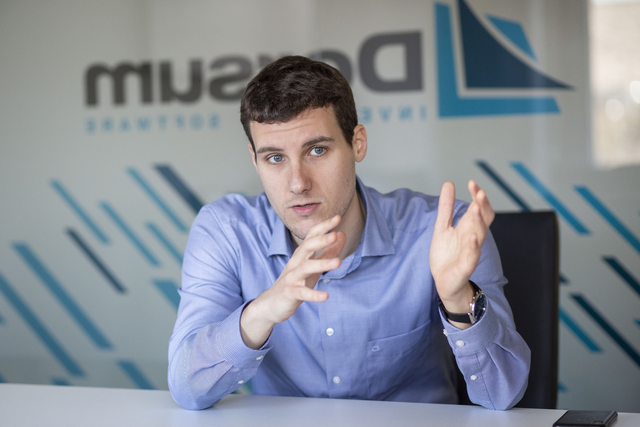Business
Massive shift of wealth is in progress globally
Key trends and development directions in wealth management and digitalisation in banking
First of all, more than 50% of global assets will be held by the Y and Z generations within the next ten years. There is an enormous shift of wealth in progress. Also, the X and the baby boomer generations are also gradually “becoming" the Y generation, i.e. they also use electronic channels. Secondly, surprising it may be, when it comes to choosing an investment, returns are merely the second most important factor for the Y and Z generations. The priority is the digital customer service and digital customer experience which they got used to every day when the scroll down on Facebook or surf on Amazon or Netflix.The third trend is that we in the world of investments insist on conversing with flash and blood experts that we confide in. The role of the consultant here is much more important than in most digital processes. The cornerstone of our way of thinking is rooted in these three trends. We want to build a digital ecosystem that encompasses the entire spectrum of investments, and which has the capacity to provide the best possible information to customers to make sure they understand this world and fear it less.
It is important to create the opportunity for investors to conduct their own research, and keep the consultant inside the process all the way in a digital manner, via video conferences, chats, phones with built in recording capability, rapidly downloadable documents that the customers can sign by biometric identification on their mobile, for instance. This is what we call a hybrid servicing model, in which the customer, the consultant and the technology used form a single ecosystem together.

What changes will the EU’s new Payment Services Directive (PSD2) bring about in the world of invesments?
I expect the world of investments to follow in the footsteps of the world of payments within the next five years, as it will also become increasingly open. We are also working on solutions that will exploit the opportunities created by PSD2 in investment world. A good example for that may be a web-based application that checks the customer’s different accounts, and using the aggregate data gained it can suggest an adequate liquidity level on the basis of the customer’s consumption patterns. The software would calculate the size of excess funds the customer has been holding on his/her current account relative to his/her spending habits.You can read the entire article (in Hungarian) by clicking here.
Photo and front page photo by Portfolio / Lázár Todoroff










